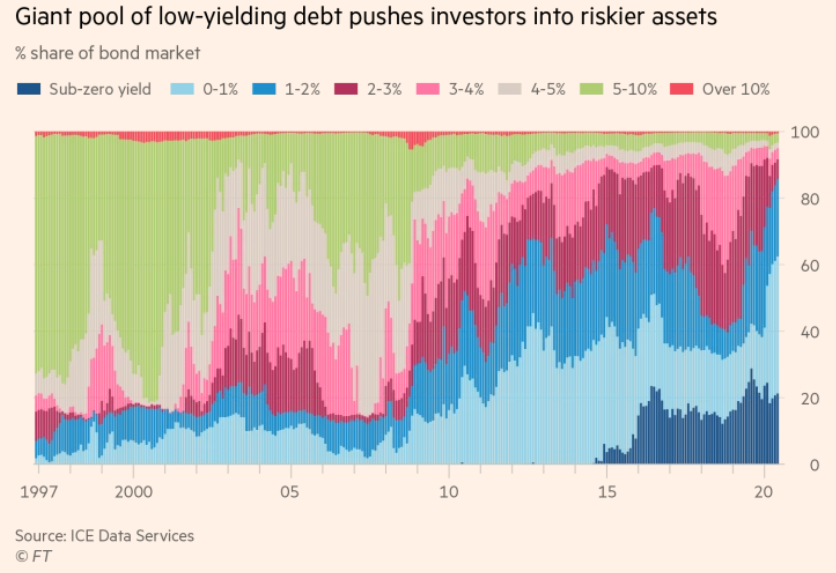
Why study economics?
It is a science that helps us understand how we are all connected in a mutually-reliant ecosystem
e.g. one person's supply is another person's demand ...
It is a science that helps us understand how we are all connected in a mutually-reliant ecosystem
e.g. one person's supply is another person's demand ...
economics gives us insights into how we can design this ecosystem so we help each other become better off, or how we can screw things up in a mutually destructive manner
At its finest, economics is about making the sum bigger than its parts
At its finest, economics is about making the sum bigger than its parts
perhaps contrary to some people's perception, some of the deepest insights of economics are about how selfish and individualistic behavior can be destructive for the broader society - precisely because we are all connected
young minds should consider studying the subject
young minds should consider studying the subject
economics helps us think beyond the self, toward our collective humanity. I love it.
• • •
Missing some Tweet in this thread? You can try to
force a refresh



